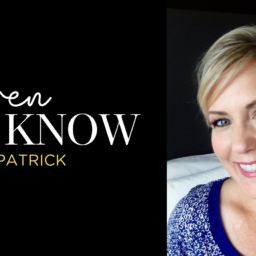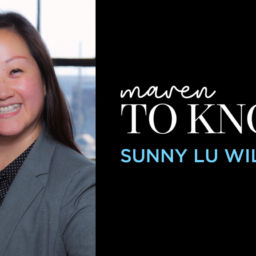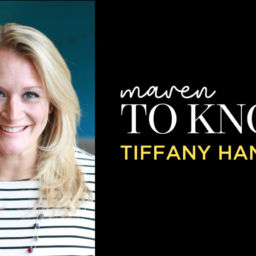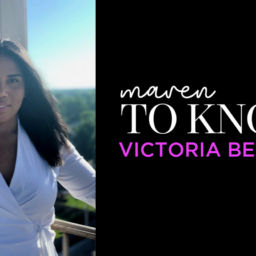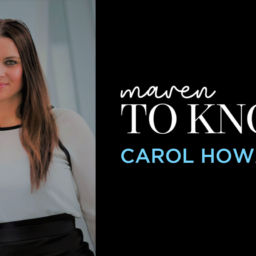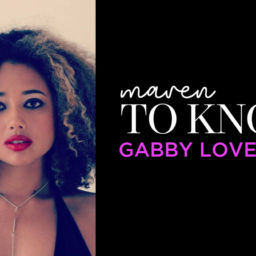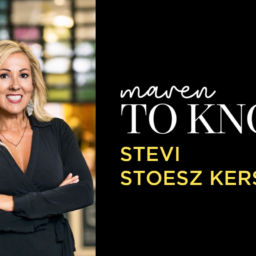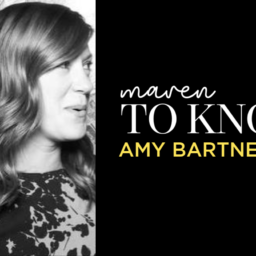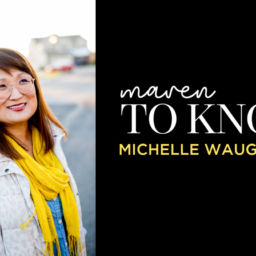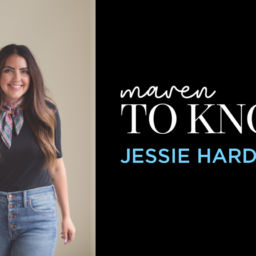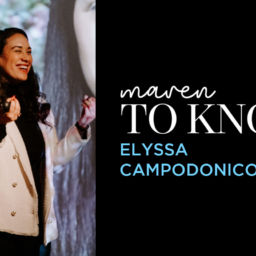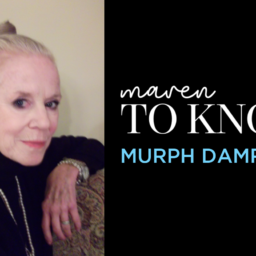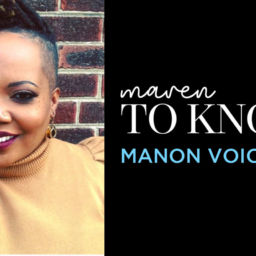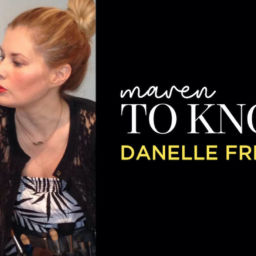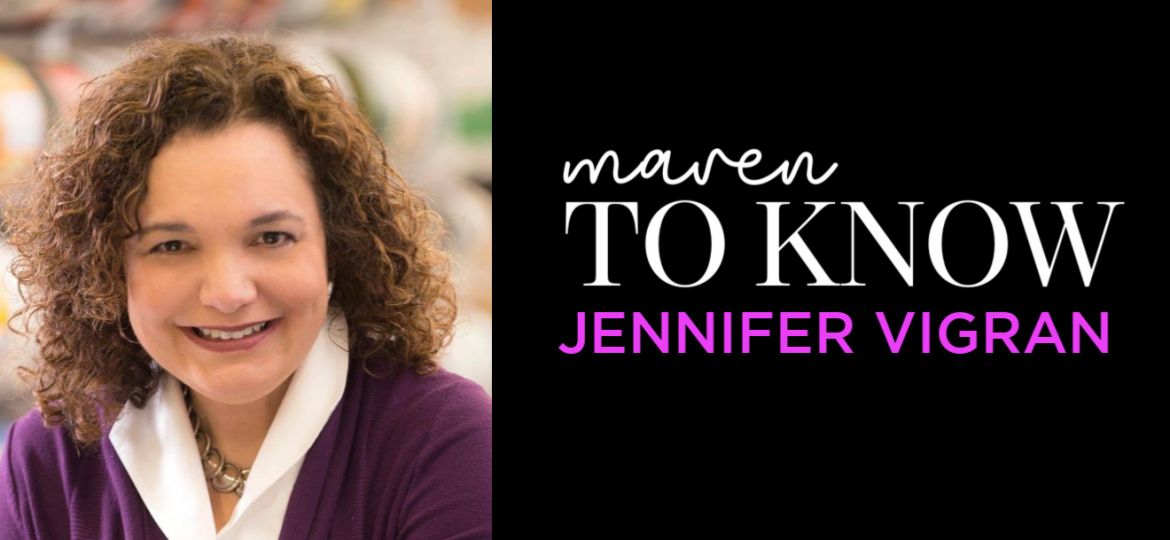
Jennifer Vigran, CEO, Second Helpings
Personal life: Jennifer, 56, and her husband, Gary, are empty nesters who live in Zionsville, but are planning to downsize and move to Washington Township.
Maven superpower: Building consensus among people with different perspectives.
When she was in her 20s, a “gruff man” with “a heart of gold” taught Jennifer Vigran how to choose her battles. And fighting battles, as she’s learned, is not about drawing a hard line with a clear victor, but finding the win-win solution. Three decades later, she still uses that advice as CEO of Second Helpings, where she encourages people to listen to and learn from each other without judgment.
Vigran’s work with Second Helpings started in 2001, when she filled out a volunteer application. In 2011, she began leading the organization, which recently hit a milestone when it served more than 100,000 nutritious meals in a single month through social service agencies that help Hoosiers in need.
“One of the things I love about Second Helpings is how the volunteer experience brings together people from different backgrounds who would otherwise never meet,” Vigran said. “You learn a lot about someone when you’re chopping onions together.”
What’s something in your office that would catch my attention and make me want to know more?
The big thing you’d notice is that there is no office. Several years ago, our CFO, senior director of programs, and I all moved to cubicles. I think it’s been good for the organization—we solve problems faster, have fewer meetings and emails, celebrate success more often, and it’s probably taken away some of the mystery of what the CEO does.
YOU’VE SAID YOUR BEST CAREER ADVICE CAME FROM A MAN WHO NEVER WENT TO COLLEGE, WHO SHOWED YOU THE IMPORTANCE OF PICKING YOUR BATTLES. HOW DO YOU know when a battle is worth fighting?
He was one of my first supervisors and he taught me that if you choose your battles, people will listen more when you do take a strong stand and you’ll also have more allies and resources. I’ve always asked what difference it’s going to make, who will be impacted, and whether there’s a solution where everyone saves face. Still, there are fundamental ethical lines that can’t be crossed and are always worth fighting for.
We also have to ask who’s not in the room, and make sure we’re being inclusive and taking up the cause for those who don’t have a voice in the conversation.
What’s one “big dream” thing you would do at Second Helpings if money and time weren’t an issue?
We would look more broadly at our Culinary Job Training program. We’d develop “front of the house” programs, intensive advanced skills workshops, management training, and entrepreneurship initiatives to help people follow their passions and grow their careers in the food service industry.
“We also have to ask who’s not in the room, and make sure we’re being inclusive and taking up the cause for those who don’t have a voice in the conversation.”
What’s something most people don’t know about you?
I’m an introvert who seems to always put myself in extrovert positions. I really need my downtime and am perfectly happy never leaving home on a Saturday.
Local thing you can’t live without?
Marigold. I hate shopping and am overwhelmed by big stores. Whenever my closet seems boring, they always seem to help me find the perfect fix.
Book you’re planning to read?
The Yellow House by Sarah Broom. It won the National Book Award for non-fiction and is a memoir of her family in a neglected part of New Orleans and their relationship to home amidst issues of class, race, inequality, and environmental devastation. And, of course, Margaret Atwood’s The Testaments is on my vacation reading list.
It’s been nearly 20 years since you joined Second Helpings. How has the landscape changed in Indy when it comes to hunger?
We saw huge shifts after 2008. The Great Recession created an environment where people who had never been hungry or needed services were suddenly unemployed and didn’t know where to turn. Food pantries had clients who were once donors and volunteers.
Today, many of those families have developed a “new normal.” They’ve found employment, but often not at the same level they had before 2008. More people are struggling to cobble together lower-wage jobs and part-time employment to survive.
What is the best way we can support Second Helpings?
Find your connection: Come for a visit, volunteer, make a gift, introduce someone else to the mission. Join us for Corks & Forks at Bankers Life Fieldhouse—great food, drinks, and a fun night to share with friends. We haven’t announced the date yet, but I’d plan to be free on April 7.
Amanda Kingsbury will definitely be free on April 7.
Want to be featured as a Maven to Know? Sign up for our Membership Program—we’d love to have you! See all the Maven to Know features we’ve shared so far.








